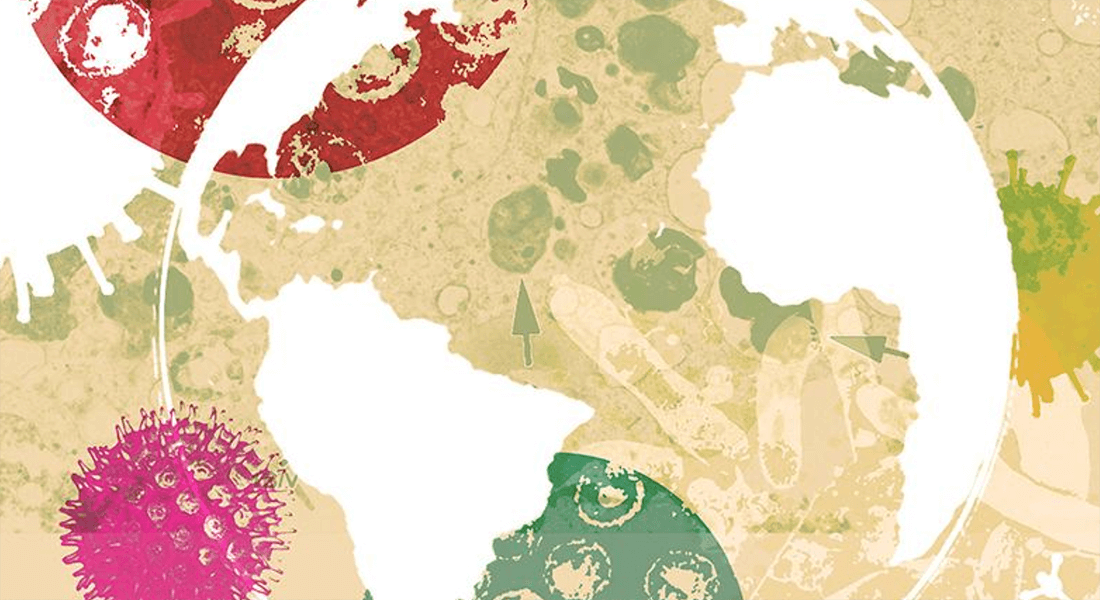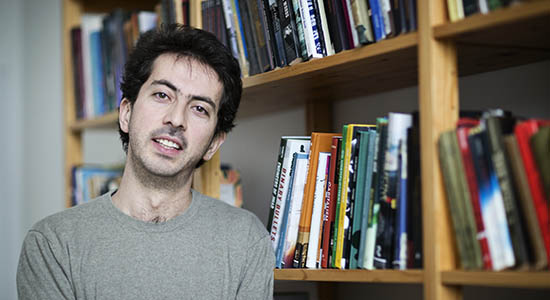Pandemic Ethics

This project aims at providing an ethical contribution to identifying prioritization criteria for situations of global pandemics, where policymakers face the dilemma that the fulfillment of responsibilities to different groups of people clash, and prioritization is necessary. Another dilemma arises when partly incommensurable values such as respect for health and for democratic freedoms must be weighed against each other because respect for one will put the other in jeopardy.
Indirect prioritizations that do not imply carefully weighing all morally relevant factors are ethically problematic, whether they concern micro-prioritization in the health sector or macro-prioritization at the national or perhaps supranational level. We would argue that this type of indirect prioritization is exactly what is at play, when combatting Covid-19 is prioritized over every other societal interest.
In situations such emergency situations during pandemics, the fulfillment of responsibilities towards different groups of citizens will clash, and trade-offs between them are inevitable. Prioritizations must be made, and we must not forget that this is what politicians do every day; be it by carefully weighing different interests against each other; or be it unintentionally, when solving one problem leads to unintended consequences on others. Prioritizations are made continuously; at the societal level between funds allocated to the health sector versus other government sectors (macro-prioritization). And within the health sector funds are prioritized between medical specialties (micro-prioritization). Sometimes doctors have to prioritize between different patients in cases of overcrowding in hospital wards.
A known problem is that when attempts are made to define overall principles and openly apply these to identifiable human beings, prioritization becomes highly contentious. When Medicinrådet recommends not implementing a certain treatment in the health sector, patient’s groups engage the media and tangible examples of human lives put at risk can make effectuating the recommendation untenable.
The problem is that giving in to the patients who are most visible does not, of course, make the need for prioritization go away. It merely takes it from the visible to the less discernible domains. It perhaps leads to funds being prioritized to patients at risk of immediate death at the cost of patients, e.g. psychiatric patients, who will die from indirect causes relating to a lack of treatment due to downgrading of their medical field. This kind of invisible prioritization is unethical in the sense that it tends to benefit those who are exposed and outspoken at the expense of others with pressing needs who are less visible and whose death might occur at a later point in time.
This project aims at providing an ethical contribution to identifying prioritization criteria for situations of global pandemics, where policymakers face the dilemma that the fulfillment of responsibilities to different groups of people clash and prioritization is necessary.
Lykkeskov, A. 2022. Pandemic ethics – the case of COVID-19. In: Ezio Di Nucci, Ji-Young Lee, Isaac Wagner (eds), The Rowman & Littlefield Handbook of Bioethics
Lykkeskov, A and E. Di Nucci. 2022. COVID-19 and intergenerational justice: the case of Denmark. In: G. Schweiger (ed.), Philosophical Perspectives on the Social Consequences of the COVID-19 Pandemic. Springer.
Di Nucci, E and A. Lykkeskov. Democracy, Indifference and COVID-19. In: G. Schweiger (ed.), Philosophical Perspectives on the Social Consequences of the COVID-19 Pandemic. Springer.
Lykkeskov, A. 2021 Ben Bramble, Pandemic Ethics - 8 Big Questions of COVID-19, Ethic Theory Moral Prac 24, 423–425. https://doi.org/10.1007/s10677-020-10131-x



